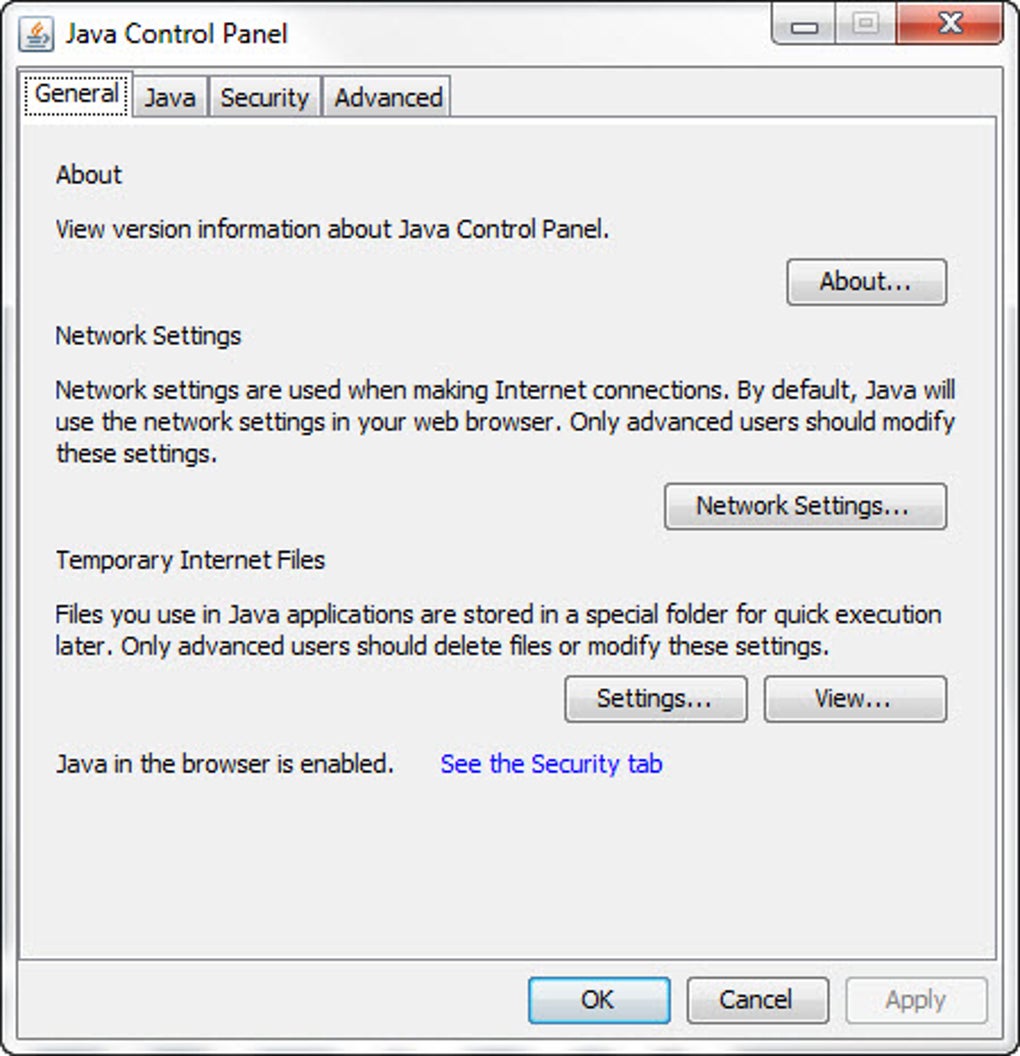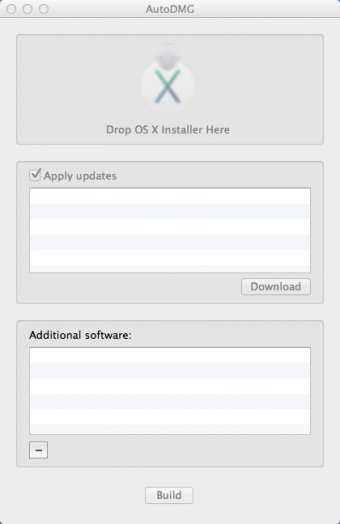Download Java Se 6 Runtime For Mac 10.10
Java se 6 runtime mac free download - Java Runtime Environment (JRE), Java Console Extension for Java SE 1.6.002, Apple Java for OS X 10.6, and many more programs. Jun 26, 2015 How to fix this application requires the legacy Java SE 6 runtime which is unavailable for this version of the OS X If anyone is using the beta version of El. Java software for your computer, or the Java Runtime Environment, is also referred to as the Java Runtime, Runtime Environment, Runtime, JRE, Java Virtual Machine, Virtual Machine, Java VM, JVM, VM, Java plug-in, Java plugin, Java add-on or Java download.
- Download Java Se 6 Runtime For Mac
- Download Java Se 6 Runtime For Mac 10.10 Download
- Java Se 6 Runtime For Mac Yosemite
- Java Se 6 Runtime Legacy

This article explains how to install Java 6 32bit on Mac OSX 10.10 Yosemite.
Java 6 32bit is required when using the 32bit installer for PDF Studio – a powerful, low cost Adobe® Acrobat® alternative for Mac OSX. Note that the 32bit installer is no longer the recommended installer. The new recommended installer for PDF Studio is 64bit and does no longer require Java 6.
Steps to install Java 6 If you wish to continue with the old / original installer
Q: I upgraded my mac to OSX 10.10 Yosemite & 10.11 El Capitan and I am having trouble opening PDF Studio. I receive the message: “To open “PDF Studio 9” you need to install the legacy Java SE 6 runtime.” How can I fix this?
A: Like other applications such as Dreamweaver or Creative Suite, PDF Studio requires Java 6 in order to run. During the upgrade process to Mac OS X 10.10 Yosemite or 10.11 El Capitan, Java may be uninstalled from your system. In order to reinstall and run PDF Studio you will need to install the Java 6 Runtime again. You may receive a dialog that will direct you to the site where you can download the Java 6 Runtime. Once installed you can proceed as normal with installing and using PDF Studio. You can follow the instructions below to complete the Java 6 installation.
Installing Java SE 6 Runtime
- Click on the “More Info…” button. The “More Info” button may be broken on some Yosemite minor versions. If so, go to the Mac Support site (support.apple.com/kb/DL1572) to download Java 6.
- Click on the Download button on the Mac support page
- This will begin downloading the Java installer. You can see the current status of the download on your dock.
- Once the download is complete, click on the downloads icon on the dock to open the download folder. Then click on the file labeled JavaForOSX2014-001.dmg to open the download.
- Then double click on the JavaForOSX.pkg file to open the Java 6 installer
- Follow the installation instructions to complete installing Java 6 on your system
- Once the installation is complete you can proceed as normal with installing and/or using PDF Studio. In some cases, you may need to reinstall PDF Studio as well due to the way that the Mac OSX 10.10 upgrade rearanges the files on the system.
If you come across any issues at all please feel free to let us know by going to Help->Email Support or sending us an email directly to studiosupport@qoppa.com.
Suggested Articles
The R script uses rJava and RJDBC packages to load tables from database. In Mac OS X, to correctly load this packages
requires the following steps borrowed from https://github.com/snowflakedb/dplyr-snowflakedb/wiki/Configuring-R-rJava-RJDBC-on-Mac-OS-X.
Steps have been modified to reflect problems (and it's solutions) reported here.
Overview
This is the list of software downloads needed in order to connect R via RJDBC to a database:

- Xcode Command Line Tools
- Java 6
- Java 8
- R
- rJava source package
- Database JDBC jar file
- RStudio (optional)
If you have any of this software already installed, you can skip that section.
Open Terminal.app
We'll change to the Downloads directory as we'll have to download some packages from the internet.
Just to make debugging easier if something does not go as planned, log all output.
Xcode Command Line Tools
We need Xcode Command Line Tools, by running this command we will invoke the downloader if not installed, otherwise it will report it is already installed.
Java 6
Install the legacy Java 6 runtime which is needed despite us not going to use Java 6.
Now walk through the install to complete.
Java 8
Install Java 8. Note: newer versions may be available.
Now walk through the install to complete.
We'll run these two commands to output Java installations and what the current command defaults to. They are informative only.
You should see something like this:
R for OS X
Download and install the R package for OS X.
Now walk through the install to complete.
Now we need to tell R to use our Java 8 as it's JAVA_HOME
You should see output similar to
Now install rJava from source and compile it against the Java 8 JDK.The 'unset JAVA_HOME' takes care of:
Now let's check that rJava can be loaded correctly and returns the correct JDK version.This command should return the string 1.8.0_111-b14 (or whatever Java 8 version you installed).
Finish
Exit from the script logging.
Using RStudio.app or R.app
A common error when trying to load rJava in RStudio is:
Download Java Se 6 Runtime For Mac
There are three ways to get around this problem and use rJava with RStudio or R console (R.app) :
1 - Launching from the command line
Download Java Se 6 Runtime For Mac 10.10 Download
You can launch it from the command line in Terminal.app like such:
Java Se 6 Runtime For Mac Yosemite
This is a known limitation with RStudio on OS X. See this link for more details:[https://support.rstudio.com/hc/communities/public/questions/200650933-rJava-fails-to-load-in-RStudio-Desktop-OS-X](https://support.rstudio.com/hc/communities/public/questions/200650933-rJava-fails-to-load-in-RStudio-Desktop-OS-X)
2 - Make a symlink to libjvm.dylib
This is an alternate solution to loading RStudio, but must be updated any time you upgrade Java
+Based on this Stack Overflow thread, one can use the following to work around the libjvm.dylib loading issues.
3 - Load the library in the script (which is the used approach in the CohortEx R script)
Java Se 6 Runtime Legacy
Just a bit of code in your R script:
